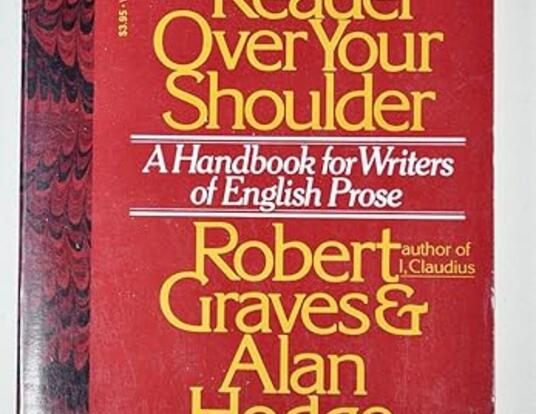Overcoming Writing Obstacles
Notes From a Writer's Desk

Last week, the Fellowships & Writing Center presented a workshop on “Overcoming Writing Obstacles.” We discussed common obstacles—fear of the blank page, insecurity about your own writing skills or mastery of the material, lack of time or focus—as well as potential solutions, some of which can be applied generally, but others that may come down to your individual habits and needs. The general “best practices” we discussed for getting unstuck or beginning to write included:
- Establishing a routine for your writing that lets you approach writing each day with curiosity, commitment, and focus.
- Changing the register when you are stuck by lowering the stakes or using different language.
- Finding strategies that help you clarify your ideas, whether that is outlining or reverse outlining, making mind maps, explaining your argument to a friend, or free writing.
All of these suggestions are useful tools to help overcome writing obstacles, but when we got to the discussion section of our workshop, we found ourselves talking about what these principles actually look like in practice—what is a “good” routine? How do I know when a piece of writing is done? These—totally natural—questions were searching for certainty or rules for writing when the fact is that dealing with uncertainty is part of the process.
Shortly after this workshop, I heard of the death of the poet Louise Glück and read about her thoughts on writer’s block in the newsletter Subtle Maneuvers by Mason Currey (which I heartily recommend to all writers). In a text message to fellow poet Claire Hong, Glück wrote:
"I think the silkworm notion of diligence and productivity has done many writers real harm. They discover a style of speech or a subject and then just busily produce replicas [sic] The periods of blankness Nd [sic] silence are desolating. But tell yourself the well is filling up (it is). At the end of a bad period or a silence something will have shifted, your work changed. I believe this passionately. I think everything good in my own work I owe to endurance."
Glück’s words reminded me that sometimes our greatest obstacle in writing is being too set on what a writing practice needs to look like. Although most of us are not poets, writing of any kind requires creativity and contemplation—two things that are stored up in the “well” of our “periods of blankness.” Glück’s idea that writers need to decouple themselves from the “silkworm notion of diligence and productivity” seems especially pertinent to dissertation writers who often feel both pressed for time and an urgency to get writing done. But as Glück suggests, getting too attached to a single vision of productivity or chasing an impossible ideal of someone who sits down and writes beautiful prose for six hours a day will often lead to self-torture and empty prose. Sometimes productivity is giving your mind the space to consider the possibilities without forcing words onto the page (a period I think of as “percolating”). At other times, forcing yourself to sit down and write a few words is necessary to create focus and allow your ideas to take shape on the page. The truly difficult part of writing is deciding which phase you are in and allowing yourself to experiment as you navigate the uncertainty of your own writing process.
That uncertainty can be painful, but I find it comforting to know that Glück experienced this too. Although there is no hidden antidote for writer’s block, finding a community of writers—in person, through the internet, or even through reading—can make the process more bearable by reminding you that others have had this experience and made it through. Wherever you are this week—in a period of sustained focus, ready to jumpstart a new writing habit, or struggling in the midst of blankness—this is your reminder that you are not alone in your writing journey. And if you do feel alone, I hope you will reach out to a friend, a fellow grad student, or even the Fellowships & Writing Center. We are here and happy to talk any time.
Ready to book an appointment with FWC staff? Access the FWC intake form.
Get the Latest Updates
Join Our Newsletter
Subscribe to Colloquy Podcast
Simplecast




